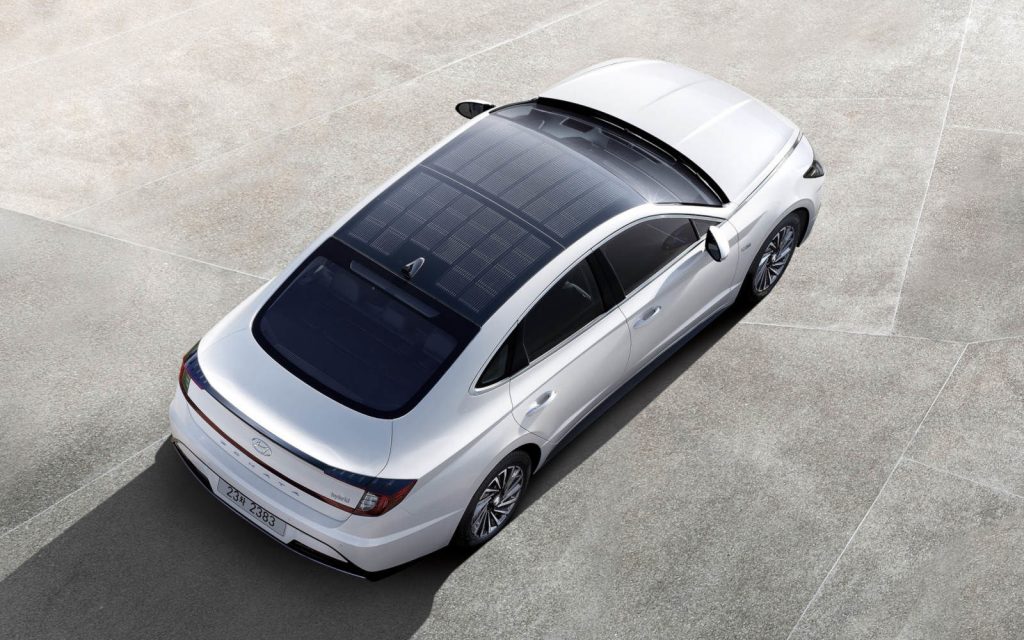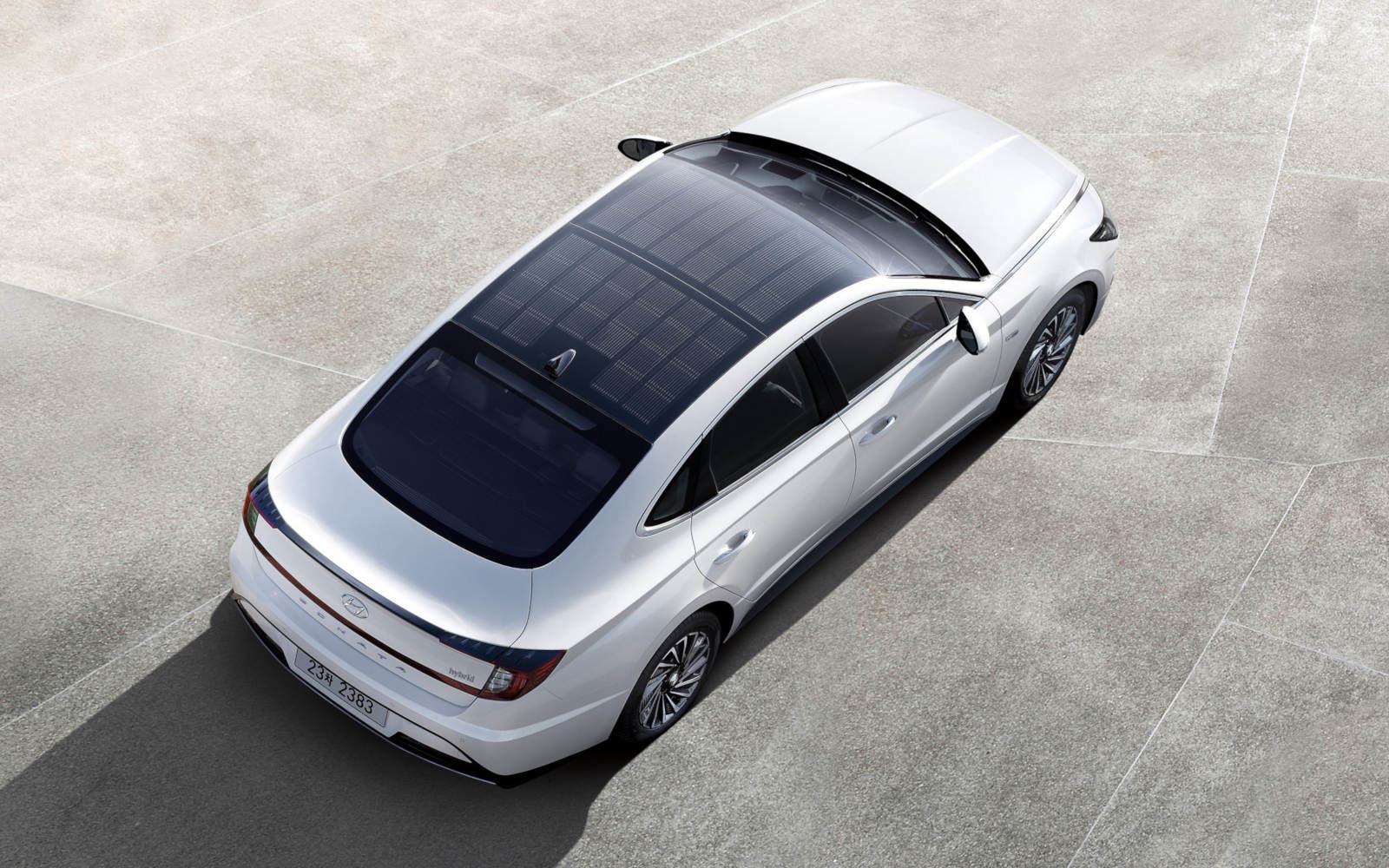
How Do Solar Battery Chargers Work?
If you are thinking about the solar panel for charging a car battery, you probably are interested in – how it works. The simple solar charger concept is the accumulation of solar energy and transiting it to your battery, but though the details, of course, things are more complex.
Firstly, a solar panel is crafted with charging car batteries in mind and has the proper connectors to use for this purpose.
The solar panel itself uses photovoltaic cells – solar cells – to collect the solar radiation and convert it into a direct flow of electricity that the car battery can use to charge. They are most efficiently used in direct sunlight, although they will still charge in low light and cloudy weather.
Solar car chargers have solar panels on the front, allowing you to simply place the panel next to a window or on your dashboard to get sunshine throughout the day.
Some chargers connect directly to the battery, while others supply power through a cigarette lighter or power outlet in your car.
What is the difference between a solar car charger and a conventional charger?
Apart from the obvious power source difference, the main difference between a solar car charger and a conventional charger is that standard chargers are more often used to fully charge an empty battery.
Another major difference is that a solar charger is less likely to overcharge your battery and cause damage, although this is possible even with solar chargers.
Do Solar Car Chargers Really Work?
If you are using the solar car charger for its intended purpose, yes, it does work.
Solar chargers usually do not have multiple amperage settings, which means they only provide a small amount of current to the battery.
This means that a solar charger is more useful for keeping the car battery charged than fully charging the battery.
How long do they take to charge?
It will take 4 to 12 hours to fully charge standard solar panels.
The average for medium to high power panels is 6 to 8 hours in direct or main bright light.
In winter, cloudy weather or other low light conditions, the charging time will be closer to 12 or even 14 hours.
Do solar car chargers charge discharged car batteries?
A solar car charger will not be able to charge a fully discharged battery.
They are not for that.
Solar car chargers are continuous chargers, meaning they charge at a rate equal to the self-discharge rate. This allows the batteries to remain fully charged at the correct level. However, the battery cannot be used while charging, as continuous charging cannot keep the battery charged during “use”.
There may be some models designed specifically to fully charge a car battery, but these are less common and will use a different form of charging known as float charging.
Understanding the voltage for car batteries and chargers
12 volts is the standard for a car battery.
Each battery has six 2.1 cells. When the battery is fully charged, this equates to 12.6 volts of battery charge.
If the voltage in the car battery drops even from 0.6 to 12.0, the difference in power will be 75%. Power drops from 100% to 25%.
At 12.4V, the car battery is 75% charged, and 12.2V means the voltage is 50% charged. This means that you can consider the battery charged if it is 12.4 V or higher, but discharged and needs to be recharged if it is even 12.39 V or lower.
You can check the voltage of your car battery by connecting a voltmeter to it.
13.5-14.5 volts or more should be recorded when charging occurs while the vehicle is idling. If it doesn’t, the generator may be having problems and needs to be tested at an auto parts store.
What are the benefits of solar-powered car chargers?
There are many reasons to use a solar car charger instead of a standard wall charger. They save money, the environment and even extend the life of your car battery.
Eco-friendly charging
The first thing I would like to point out when using a solar charger instead of the standard electric model is that solar energy is environmentally friendly.
They use energy from sunlight and convert solar cells into electricity that can charge your car’s battery.
Solar power is an all too often overlooked renewable energy source, but these chargers can help anyone get more done.
Extend the health and life of your car battery
Solar chargers provide a steady flow of charge even though they do not provide the same charge as some standard electrically driven chargers.
They are less likely to overcharge your battery, which means they will actually extend the life of your car battery.

